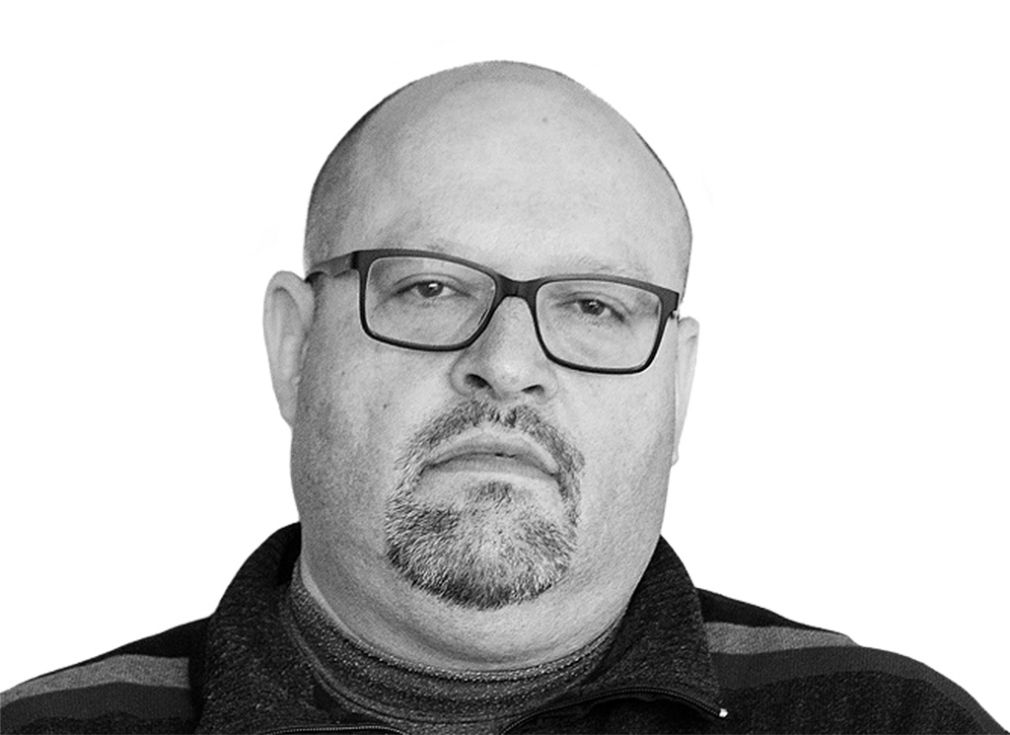By Matevž Tomšič
The hysteria fuelled by the Slovene left since the inauguration of the current government, which has also been reflected in various attempts to overthrow it and culminated in the bizarre Kul’s “constructive no-confidence vote”, has its origins in the fact that some circles in Slovene society are simply convinced that power belongs only to them. That their political option must form a government regardless of the outcome of the election. It is not only the representatives of the left wing parties who are convinced of this, but also their supporters in the media, academia, civil society, etc., that is, those who have such powerful “speakers” in their hands that they always drown out everyone else.
Therefore, their post-election reactions are also rather ambiguous. When Jankovič’s Positive Slovenia won a relative victory in the 2011 parliamentary elections (albeit with a minimal advantage over the SDS party), left wing opinion leaders claimed that Zoran Jankovič “must” form a government – and, after failing, almost declared it as injustice. However, when the SDS party in relative terms won in 2018 (it received almost twice as many votes as the first runner up), they demanded that Janez Janša should not be given the opportunity to form a government at all. And when he finally got it – albeit with a considerable delay – and took advantage of it, they almost literally went “mad”.
These “fighters for social justice” explain that the power of Janša and his party poses a threat to democracy. However, they are the ones who have enormous difficulties in understanding what the essence of democracy is. Namely, one of the key democratic postulates is the possibility of a change of government. No political option should have a permanent mandate to form a government. On the contrary, a healthy democracy is one in which political power is dispersed and different parties take turns in power.
This is something that a large part of the Slovenian left has not graduated from. It simply does not acknowledge the legitimacy of its political opponents. These circles are still dominated by the mentality of the communist regime, as, like the Party in the past, they consider themselves a kind of “avant-garde”. They declare themselves “progressive” – as the communists once did – so power should belong to them alone. If anything, then this is in stark contrast to the spirit of democracy.
In power all the time – regardless of the will of the electorate
When it comes to the spread of intolerance, opinion leaders in the dominant media usually attribute this to the right wing. However, not recognising the right of a political opponent to form a government if it succeeds in gathering an appropriate parliamentary majority is a blatant expression of intolerance. When the leader of the second-ranked party, Marjan Šarec, managed to form a government after the last elections, the right did not organise any protests, although such a government was not to the liking of most people on the right. It just acknowledged the legitimacy of its opponents. This is something that the majority of the Slovenian left is not capable of.the lefTo some of us, it seems self-evident that all key areas of society are in their hands. Not only the executive and the legislature rule, but also the judiciary, the media, the education system, cultural institutions. There must be “ours” in all key positions, regardless of their actual competencies. So they kick up a stink when the government of a different political orientation tries to make some changes. That is when they start shouting about the “personnel tsunami” and similar atrocities, even though these replacements are carried out according to the same procedures as in the past – when the politics of the “correct” colour did it; the one that was in power for most of the transition period anyway. However, this is clearly not enough. It must be in power at all times, regardless of the will of the electorate.
Dr. Matevž Tomšič is a sociologist, professor at the Faculty of Applied Social Studies, and President of the Association of Journalists and Publicists.

